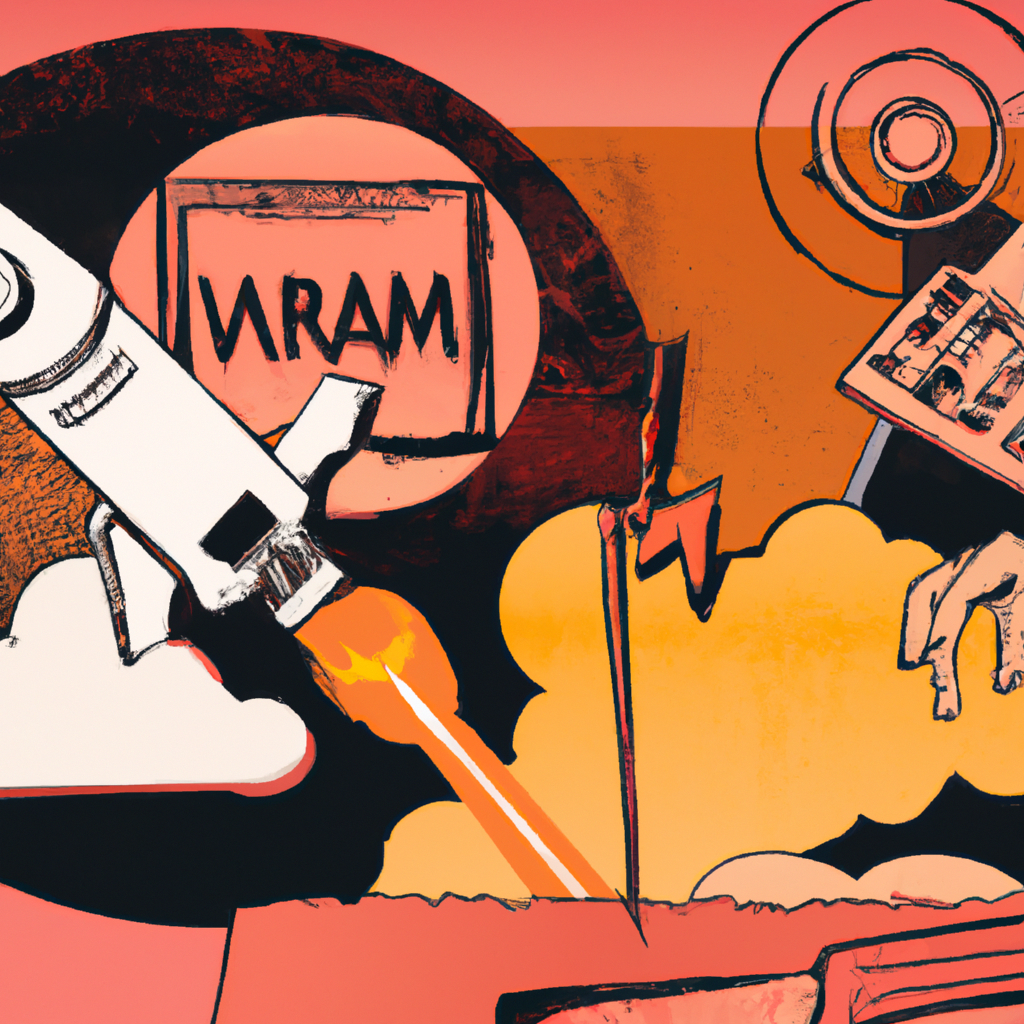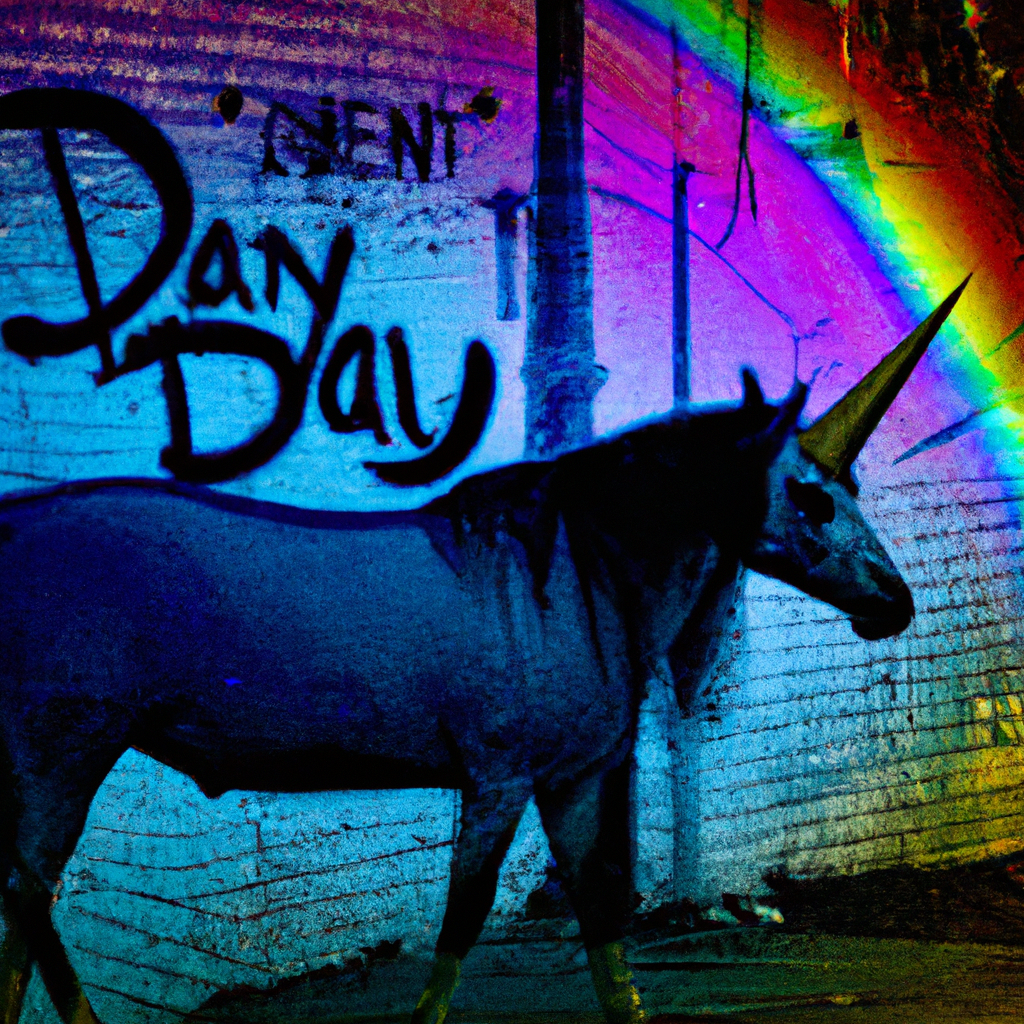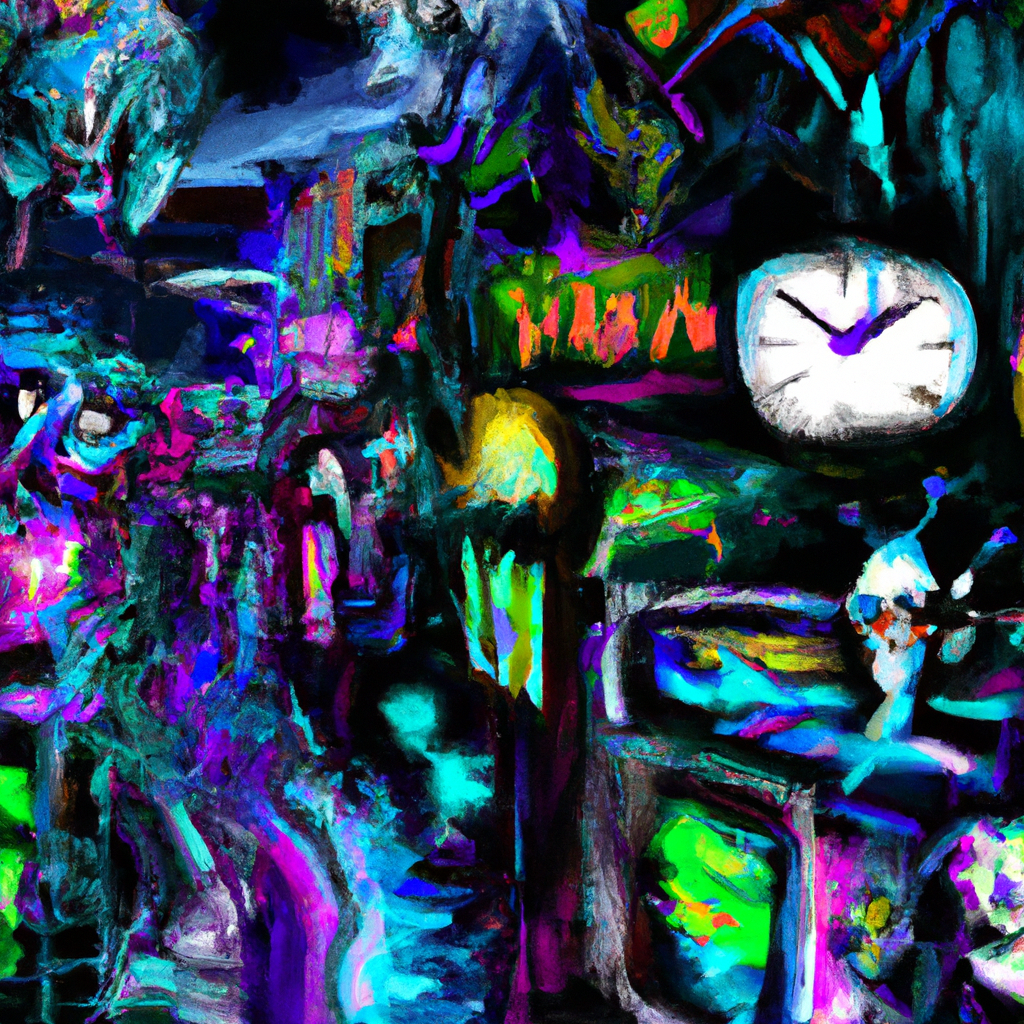In the age of information overload, one thing remains certain: power, like the mythical hydra, has many heads, each believing it knows best. Enter Dick Cheney, the former Vice President of the United States, a figure who epitomised the belief that he knew better than the very citizens he served. But in the labyrinth of political machinations, who decides whats truly good for the populace?
The Claim
Cheneys legacy is often painted with broad strokes of authority and presumption, suggesting he held a paternalistic stance towards governance. The central claim is that Cheney believed his discernment surpassed that of the electorate, dictating policies with an iron hand wrapped in velvet rhetoric.
What We Found
Our dive into the murky waters of Cheneys political past reveals a paradox: the man who championed the notion of freedom simultaneously orchestrated some of the most invasive policies in modern history. From the Iraq invasion to the Patriot Act, Cheneys decisions often reflected a conviction that the end justified the means. But was this truly for the greater good, or rather a manifestation of a deeper, unchallenged assumption of superiority?
Reputable sources such as Reuters and Snopes provide ample instances where Cheneys decisions were justified by a perceived omniscience, a belief that he alone could steer the ship through turbulent waters. Yet, the outcomes of these decisions often left citizens questioning the moral costs of such certainty.
Cultural Context or Why It Matters
Drawing parallels with historical figures like Machiavelli, whose name is synonymous with political cunning, Cheney’s approach raises significant ethical questions. Is it justifiable for leaders to operate under the guise of knowing whats best, even when their actions sow discord and division? In a world increasingly sceptical of authority, Cheneys legacy serves as a stark reminder of the dangers of unchecked power.
As we unravel the layers of Cheneys tenure, we must ask ourselves: are we passive recipients of such paternalism, or are we active participants in our governance? Are we, as a society, willing to challenge the assumptions of those who lead us?
The Sources
- Reuters: Comprehensive news coverage and analysis.
- Snopes: Fact-checking and debunking misinformation.
- Full Fact: Independent fact-checking organisation.
The SaltAngelBlueVerdict
Misleading While Cheneys experience and knowledge were extensive, the presumption that he knew unequivocally better than the public is a misleading simplification of a complex leadership ethos.





